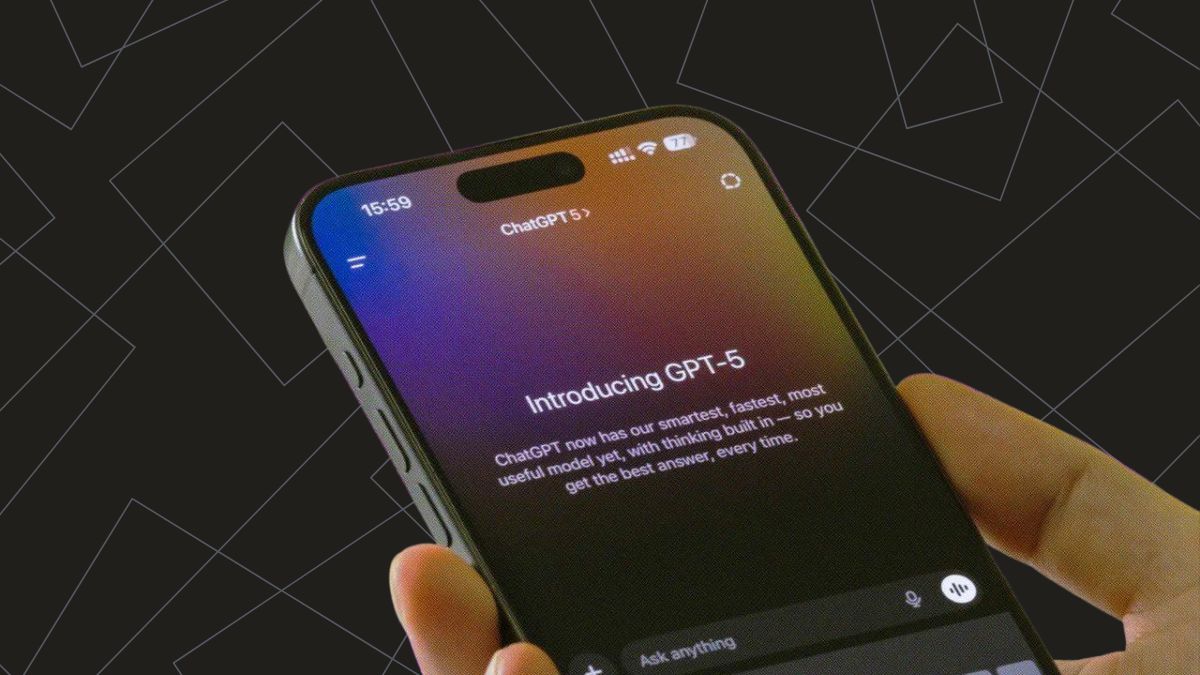In the rapidly evolving landscape of search technology, users are presented with a variety of options to retrieve information.
Among these, Google Search and SearchGPT stand out as two prominent tools, each with its unique strengths and weaknesses.
This article dives into a detailed comparison of these two platforms, examining their features, user experiences, and ideal use cases to help you determine which one might be better suited for your needs.
Quick Comparison Overview
| Feature | Google Search | SearchGPT |
|---|---|---|
| Core Technology | PageRank algorithm, extensive web indexing | AI-driven, conversational responses |
| User Interface | Traditional list of links | Conversational, direct answers |
| Personalization | Behavior-based customization | Contextual understanding |
| Accessibility | Available globally on multiple platforms | Currently in beta, limited access |
| Use Cases | Comprehensive research, navigational queries | Quick, detailed answers for specific questions |
Detailed Comparison
Google Search, launched in 1998, has become synonymous with online searching. It operates on a complex algorithm that ranks web pages based on relevance and authority, utilizing a vast index of the internet. Its primary strength lies in delivering a wide range of information quickly, including news articles, academic papers, images, and videos. Users benefit from features like advanced search operators, personalized results based on behavior and location, and rich snippets that provide quick answers.
In contrast, SearchGPT, a product of OpenAI, represents a shift towards conversational AI in search technology. Instead of merely presenting a list of links, SearchGPT engages users in dialogue, providing direct answers to queries. Built on the GPT (Generative Pre-trained Transformer) architecture, it leverages deep learning to generate human-like text responses. This allows for a nuanced understanding of language and context, making it particularly useful for complex or open-ended questions.
SearchGPT offers a chat-like interface that enables users to ask questions in natural language and receive coherent, contextual responses, maintaining the context over a conversation.
Core Technology
Google Search utilizes the PageRank algorithm and various machine learning techniques to assess the relevance of web pages, excelling in crawling and indexing vast amounts of data. In contrast, SearchGPT focuses on generating conversational responses, making it adept at understanding and responding to user inquiries in a more interactive manner.
User Interface
Google’s traditional interface presents users with a list of links, snippets, and ads, allowing for quick scanning of results but often requiring additional clicks to access detailed information. SearchGPT, with its chat-like interface, offers a more intuitive experience for those seeking detailed explanations or interactive discussions.
Personalization
Google Search is highly personalized, tailoring results based on search history, location, and user preferences, which can lead to more relevant results for returning users. SearchGPT, while capable of understanding context and adapting responses based on ongoing conversations, does not personalize results in the same way.
Accessibility
Google Search is widely accessible to anyone with an internet connection, available on various devices and supporting multiple languages. SearchGPT, currently in beta, may have limited access depending on the platform or application, though its availability is gradually increasing.
Use Cases
Google Search is ideal for comprehensive research, finding specific websites, and accessing a wide variety of content types. It excels in navigational queries where users seek specific information or resources. Conversely, SearchGPT is best suited for users who require quick, detailed answers or explanations, particularly for complex inquiries. It is especially useful in educational contexts, content creation, and brainstorming.
Which One Is Better?
In summary, both Google Search and SearchGPT have their unique advantages and ideal use cases. Google Search remains the go-to tool for users seeking a broad range of information and quick access to web resources. Its extensive indexing and personalization capabilities make it invaluable for research and navigation.
On the other hand, SearchGPT shines in scenarios where users desire a more interactive and conversational experience. Its ability to understand context and generate coherent responses makes it an excellent choice for complex inquiries and creative tasks.
Ultimately, the choice between SearchGPT and Google will depend on your specific needs. For traditional searches and a wealth of information, Google is unmatched. However, for a more engaging and nuanced exploration of topics, SearchGPT offers a compelling alternative.
As technology continues to advance, the lines between these tools may blur, leading to even more innovative approaches to information retrieval.











